CANDO programme: towards better breast cancer treatment and recovery
Find out about our ambitious programme at the University of Southampton on how body composition and nutrition affect women with breast cancer.
We’re funding research at the University of Southampton, UK, focused on the relationship between body composition and breast cancer treatment and recovery.
Breast cancer is the most common cancer in women, and the second-most common cancer globally. Overweight and obesity are known risk factors for developing breast cancer and may play a role in cancer returning after treatment.
Many women diagnosed with breast cancer are living with overweight or obesity, yet we don’t fully understand how this affects treatment outcomes or side-effects.
 The CANDO programme is a major step forward in tackling this knowledge gap. This wide-reaching research programme will look at how fat and muscle levels (body composition), as well as diet, weight and physical activity, are associated with a patients response to breast cancer treatments, including:
The CANDO programme is a major step forward in tackling this knowledge gap. This wide-reaching research programme will look at how fat and muscle levels (body composition), as well as diet, weight and physical activity, are associated with a patients response to breast cancer treatments, including:
- chemotherapy
- biological treatments
- immunotherapy
- hormonal therapy
- surgery
It builds on the success of a study we funded that recruited 300 patients with early-stage breast cancer across 8 NHS hospitals in the UK.
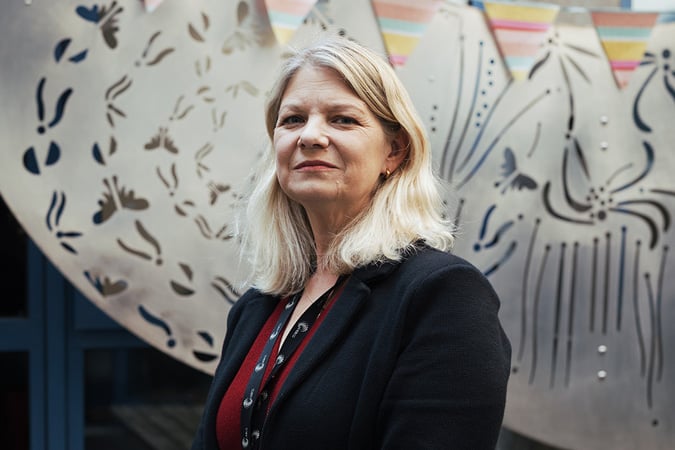
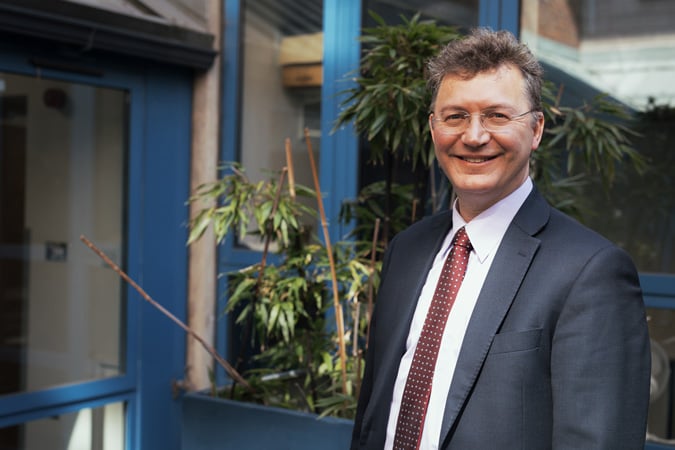
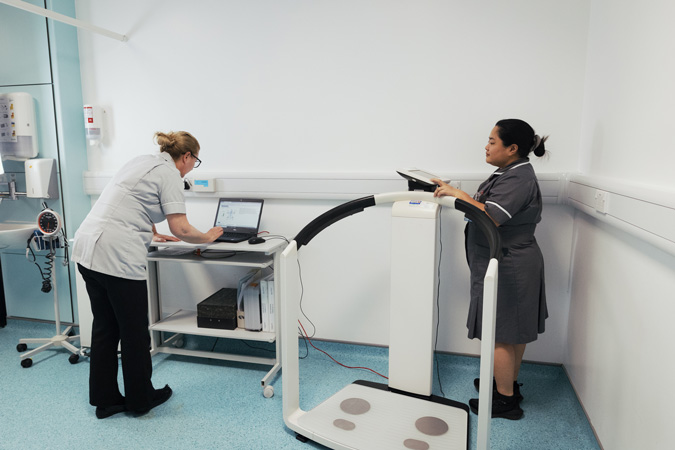
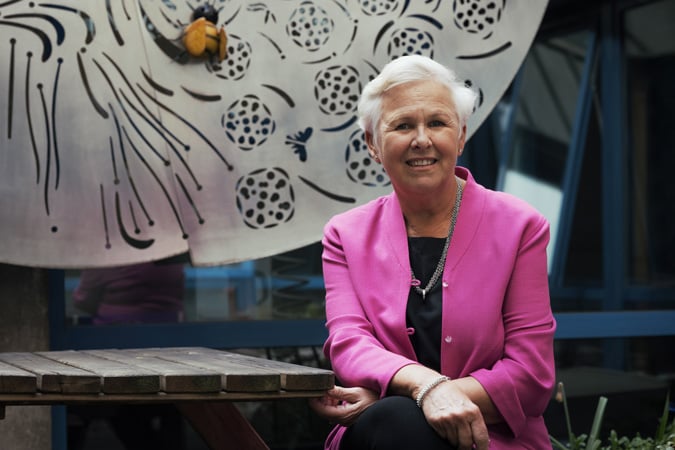
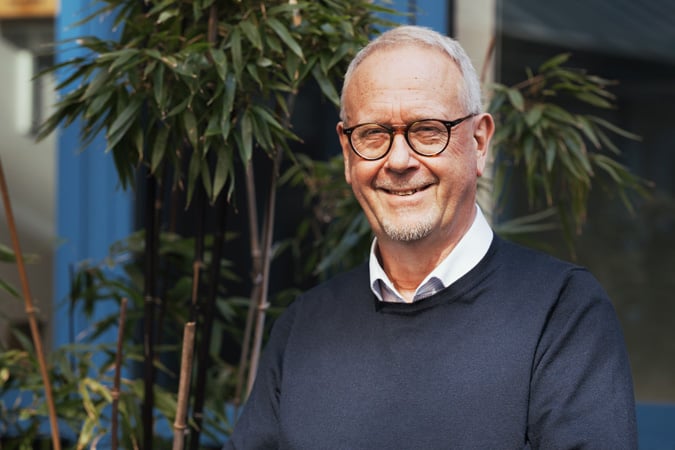
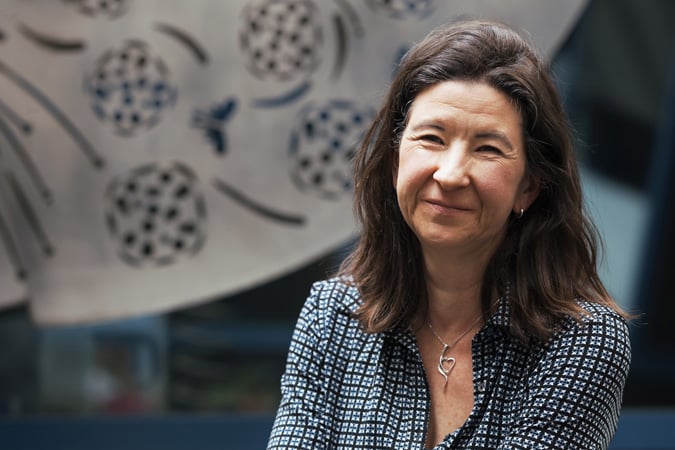
New hope for breast cancer treatment
This CANDO programme will expand the work to include women with secondary (metastatic) breast cancer and explore how body composition affects their experiences with newer, targeted drugs. Although this study is looking only at breast cancer in women, we hope any findings may be useful for similar studies into other cancer types.
The research team, led by Prof Ramsey Cutress and Prof Ellen Copson, also aims to establish a long-term study of 500 women with early breast cancer to understand how a variety of factors including diet, body composition, physical activity and treatment type change over time and how these changes may influence treatment and recovery.
This research could lead to more personalised clinical approaches, advice and support for women with breast cancer, helping them to feel better, recover faster, and improve the effectiveness of their treatment and their long-term health.
Patient and public involvement and engagement is a vital part of this research. The CANDO programme will include a dedicated patient reference panel to ensure that women affected by breast cancer help shape the research and how its findings are shared.
The panel will bring together up to 8 patients from across the UK, reflecting different backgrounds and experiences, and will work closely with the research team to guide priorities and support the communication of results in ways that are meaningful and accessible.
Lesley Turner, a breast cancer survivor, experienced breast cancer advocate and a co-applicant on the grant, has played a key role in shaping this project from the start, helping to bring patient voices into the design of the research.
This research was reviewed and is monitored by a dedicated scientific steering committee
Show your support with a donation
You can help ensure the success of this research with a gift.


Sign up for regular updates
Get our email newsletter direct to your inbox and be first to hear about our research
